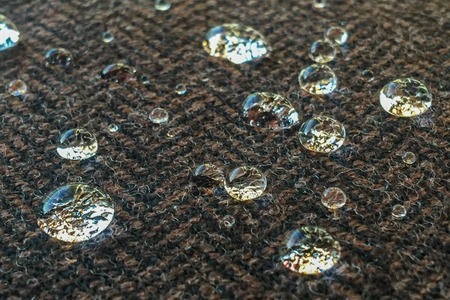
Investment by international firms catching up speed in Vietnam ahead of signing TPP
YarnsandFibers News Bureau 2014-07-04 17:20:00 – HO CHI MINH CITYInternational firms seek to take advantage of benefits the country will potentially gain with the signing of Trans-Pacific Partnership (TPP) Agreement. Foreign investment in Vietnam's textile and garment sector is increasing rapidly.
The textile and garment industry in the TPP member countries is expected to benefit the most from the trade deal. Specifically, products made from domestically sourced materials or imported from other TPP member countries will enjoy zero tariff when being exported to signatory countries.
According to the Vietnam Textile and Apparel Association, up to 60 percent of the country's textile and garment exports go to member countries.
Once Vietnam becomes a TPP member, the average tax on Vietnamese garments will come down from the current 17-18 percent to zero. In that scenario, exports to the U.S. market could increase three-fold from 8.6 billion U.S. dollars in 2013 to 20 billion dollars in 2020.
It is with an eye on such opportunities that foreign firms are boosting investment in Vietnam's textile and garment industry.
It has been noted that since the beginning of this year, several companies from Chinese mainland, China's Hong Kong and Taiwan, Japan, the United States and South Korea, started making large investments in the textile and garment sector.
In June this year, South Korea's Dong-IL Corporation began with the contruction of yarn factory in Long Thanh district of southern Dong Nai province investing a 52 million U.S. The plant will have an annual capacity of 9,000 tons of fibre when it begins operating in mid-2015.
In HCM City, Forever Glorious, a subsidiary of Taiwan's Sheico Group, announced it would set up a 50 million U.S. dollars weaving- dyeing garment production chain for premium sports garments.
In March, the city authorities granted a license to China's Gain Lucky Limited, a subsidiary of Shenzhou International, for building a 140 million U.S. dollars center for fashion design and garment manufacture. The company produces garments for brands like Nike, Adidas and Puma.
Also in March, China's Hong Kong-based Esqual Group opened a 25 million U.S. dollars garment plant in northern Hoa Binh province.
Earlier, northern Nam Dinh province also issued an investment license to China's Jiangsu Yulun Textile Group for a 68 million U. S. dollars textile, dyeing and yarn plant at the Bao Minh Industrial Zone.
Besides the new investments, many existing foreign garment firms have increased their investments to expand their activities. According to analysts, the fact that more and more foreign firms are investing in the textile and garment industry would encourage Vietnam to quickly wrap up final negotiations for the agreement.
Becoming a TPP member would be offer not only textile and garment industry more opportunities to develop, but also support industries and even the economy as a whole.
Vietnam plans to earn from garment and textile exports more than 24 billion dollars in 2014, 18 billion dollars in 2015 and 25 billion in 2020.
In the first six months of this year, Vietnam pocketed 70.9 billion U.S. dollars from the exports (up 14.9 percent year on year), of which 9.3 billion dollars came from garment and textile exports, an increase of 18.2 percent.
Market Intelligence
Ask for free sample Report

experience
Customer Base
dedicated team
Countries Served Worldwide









